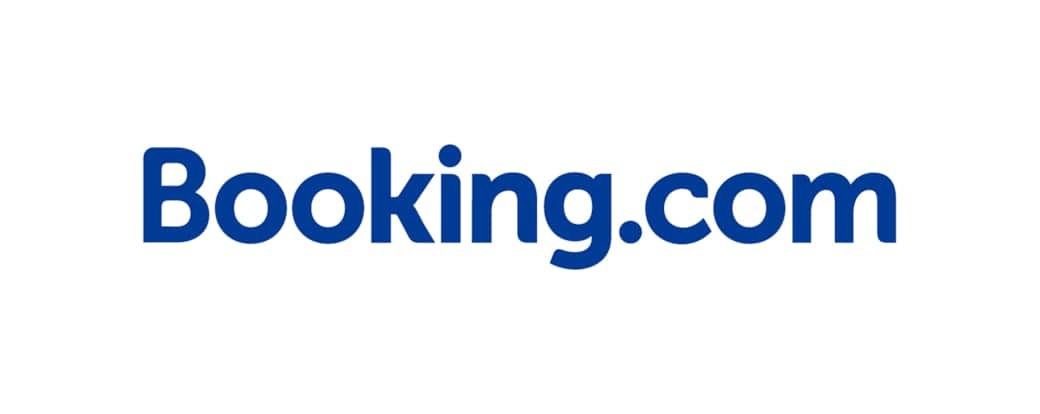The Dark Side of Booking: Why You Should Avoid Platforms Like This

For years, Booking.com has marketed itself as a convenient, global, and trustworthy platform for booking accommodation. However, behind that friendly image lies a business model that has been repeatedly called out by regulators and courts across the world. From million-euro fines to abusive practices against hotels and consumers, Booking has built up a record that raises a crucial question: is it really the best option for booking your stay?
In this article, we look at some of the platform’s most controversial episodes, based on official reports and recent news.
A gatekeeper under EU scrutiny
In 2024, the European Commission designated Booking as a “gatekeeper” under the Digital Markets Act (DMA). This label applies to digital platforms with so much power that they can shape the rules of the online market. From now on, Booking is prohibited from favoring its own services over competitors and will be subject to stricter audits and monitoring.
An expanding ecosystem blocked
Booking’s ambition to dominate more of the market is clear. In 2023, it attempted to acquire the flight-booking agency eTraveli. However, the deal was blocked by the European Commission, which argued it would reinforce a “dominant ecosystem”. Regulators stated that the acquisition would have strengthened Booking’s power in hotels by bundling flight sales, further limiting competition.
After the collapse of the deal, Booking was forced to pay a €90 million termination fee.
Price parity clauses: hotels under control
For years, Booking forced hotels to agree not to offer lower rates on other platforms or on their own websites. These so-called price parity clauses have been declared illegal in several countries:
In France, Parliament banned these clauses outright.
In Germany, the Federal Court of Justice ruled that even “narrow parity clauses” were anti-competitive.
This highlights how Booking has attempted for years to artificially control prices and limit hotel autonomy.
Price transparency and drip pricing
Booking has also been accused of using “drip pricing” tactics, where low prices are shown upfront but hidden fees are added later in the booking process. Such practices have been investigated both in the United States and the EU, where authorities increasingly demand that displayed prices reflect the real final cost.
Economic research, such as this study published in Econstor, shows that drip pricing manipulates consumer perception and often results in higher spending.
A history of fines and sanctions
Booking’s sanction history is long. In Spain, the CNMC fined the platform €413 million for abuse of dominant position, according to its official statement. While the Spanish High Court has temporarily suspended the fine, the case remains ongoing.
In Italy, Booking agreed to pay €94 million to settle a tax dispute. In the Netherlands, it was fined €475,000 for failing to promptly report a data breach that exposed sensitive customer information.
Algorithms that reward those who pay more
Another dark side is the platform’s ranking system. While Booking claims its search results are transparent, reports show that accommodations paying higher commissions get better visibility. The DMA itself aims to curb this kind of “self-preferencing”, which manipulates consumer choice and disadvantages small property owners.
So, what’s the alternative?
The conclusion is clear: platforms like Booking are neither neutral nor free. Their business model relies on high commissions (which ultimately get passed on to the traveler), opaque practices, and heavy pressure on accommodations.
Booking directly with property owners or through trusted local platforms not only guarantees better prices, but also strengthens the local economy, supports fairer tourism, and provides a more authentic travel experience.
